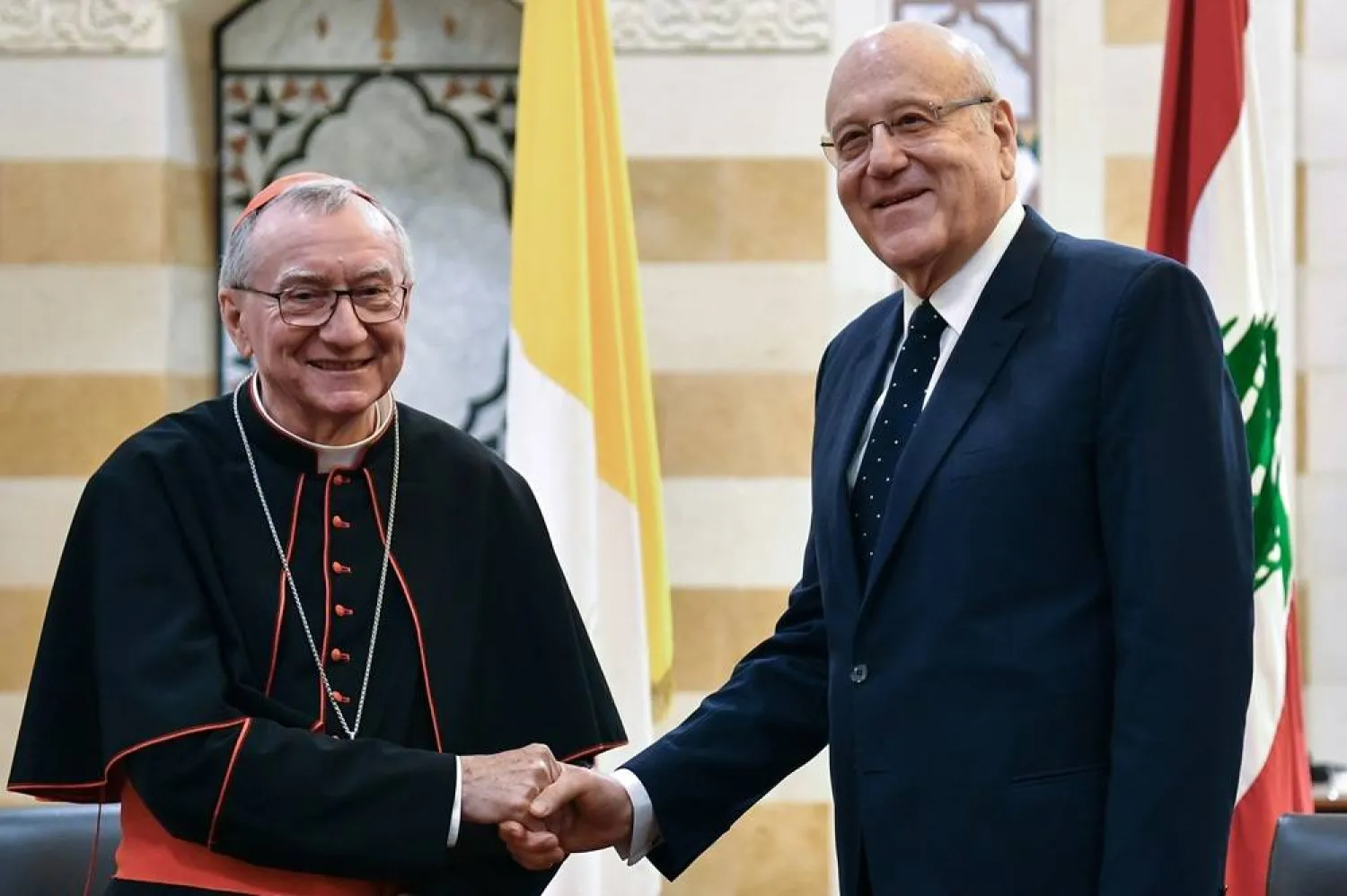Vatican Secretary of State Pietro Parolin on Wednesday urged warring parties in the Middle East to accept "peace proposals", saying the region including Lebanon "doesn't need war".
"The Middle East is going through a critical moment," Parolin told a press conference in Beirut during a days-long visit to Lebanon.
The Holy See "asks for peace proposals to be welcomed, so that fighting stops on each side, so hostages in Gaza are released, so that the necessary aid arrives unhindered to the Palestinian population", he said.
"Lebanon, the Middle East, the whole world certainly doesn't need war," the cardinal added.
The bloodiest ever Gaza war started with Hamas's October 7 attack on southern Israel that resulted in the deaths of 1,195 people, mostly civilians, according to an AFP tally based on Israeli figures.
The gunmen also seized about 250 hostages, 116 of whom remain in Gaza although the army says 42 are dead.
Israel's retaliatory offensive has killed at least 37,718 people, also mostly civilians, the health ministry in the Hamas-run Palestinian territory says.
US President Joe Biden on May 31 laid out a plan for a ceasefire in Gaza and the release of hostages, but the conflict has continued to rage, with fears growing of a wider regional war drawing in Lebanese Hamas ally Hezbollah.
Lebanon's caretaker Prime Minister Najib Mikati on Wednesday urged against linking "Lebanon's stability and interests to extremely complicated conflicts and never-ending wars".
Israel and Hezbollah have traded near-daily cross-border fire since Hamas's October 7 attack.
The violence has killed more than 480 people in Lebanon, mostly fighters but also including 94 civilians, according to an AFP tally, with 15 soldiers and 11 civilians dead in Israel, according to authorities.
During his visit, Parolin has met political and religious leaders, and said on Wednesday the Vatican was "seriously concerned" at Lebanon's presidential vacuum.
Electing a head of state is "an urgent and absolute necessity", he said, expressing the hope "that the political parties will be able find a solution without delay".
Lebanon, long divided on sectarian lines, has been without a president since the end of October 2022.
Neither of parliament's two main blocs -- Hezbollah and its opponents -- have the majority required to elect one, and successive votes have ended in deadlock.









